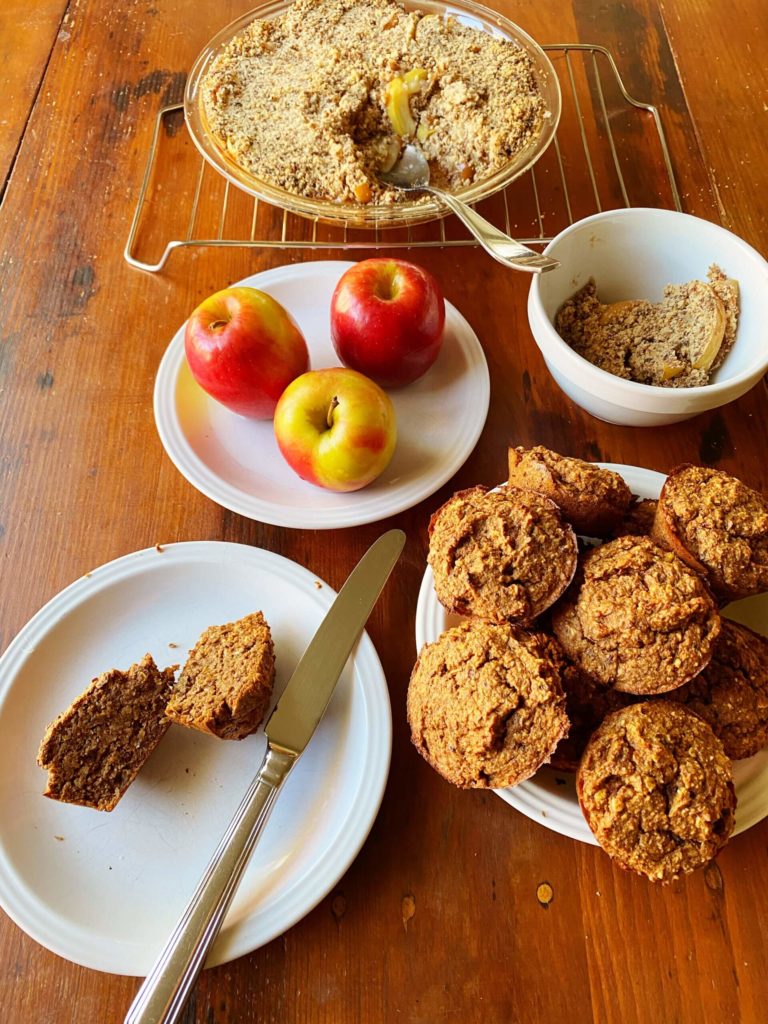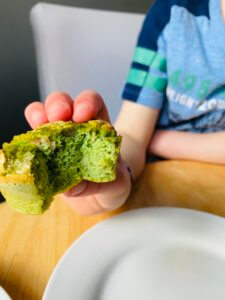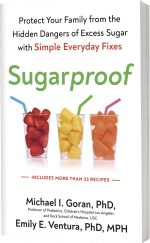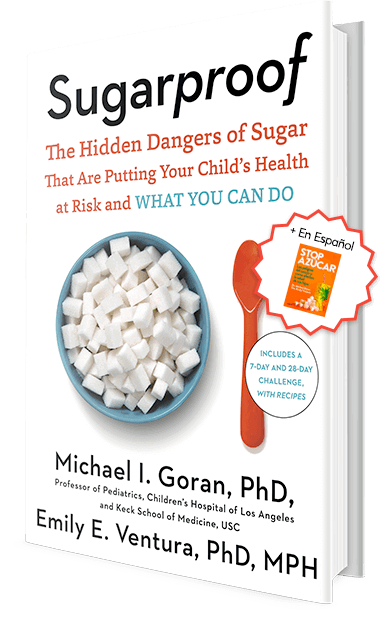Many families have been doing more baking while home during the pandemic, and homemade treats can bring comfort during uncertain times. This is a fun activity to do with kids and it’s especially a win if what you make is also relatively healthy. We get a lot of questions about which sugars are best to use at home to improve the nutritional content of the treats.
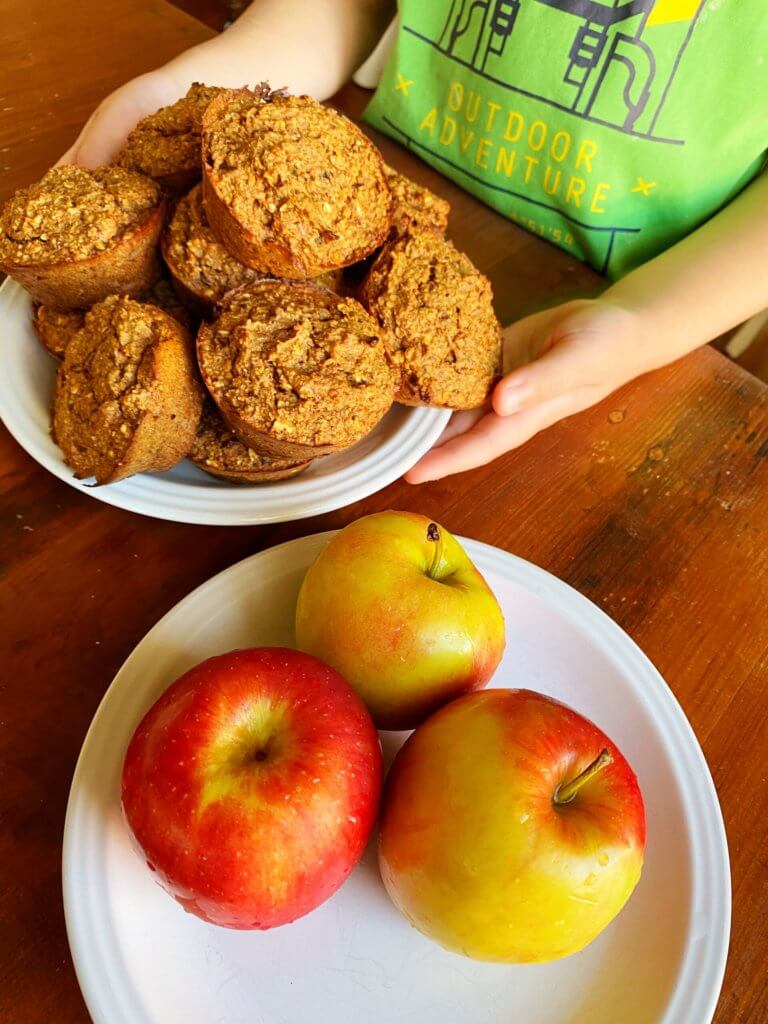
Many parents spend extra money on unrefined or more natural seeming sugars like honey, maple sugar, coconut sugar, or agave, thinking they are healthier. There are countless recipes online that use these options and tout being “refined sugar free.” But the reality is that these sugars are still forms of added sugar that we recommend using in moderation. There are some slight advantages to a few of these less refined options. For example, coconut sugar contains a small amount of a fiber called inulin. Honey and maple syrup have some micronutrients and a better flavor profile. But these properties don’t make these sugars important/essential sources of nutrients for kids and ultimately they should be seen for what they are: added sugars.
Of the more natural seeming options, there are a few that we explicitly recommend you avoid because of their high fructose content. The first of these is agave. It may seem like a healthy option, but it can contain up to 90% fructose, which is an even higher percentage than high fructose corn syrup. Fructose is processed in the liver and it especially hard for growing bodies to handle. A diet high in fructose can cause the development of non-alcoholic fatty liver disease, which is now increasingly common in kids. We also do not recommend fruit juice concentrates, fruit sugars, or pure fructose, as they are high in fructose as well.
You may wonder if some of the more natural forms of low calorie sweeteners might be a good idea, like stevia, monk fruit, or sugar alcohols. We just don’t know enough about the potential long term side effects of these options and are not comfortable recommending them to kids. What we do know is that low calorie sweeteners are considerably sweeter than regular sugar and they can reinforce preferences for sweet tastes and lead to greater calorie intake during the day.
So what do we recommend instead? For all of our recipes in Sugarproof, we sweeten with whole fruits like bananas, mangos, pears, or apples, or dried, unsweetened fruits such as dates or figs.
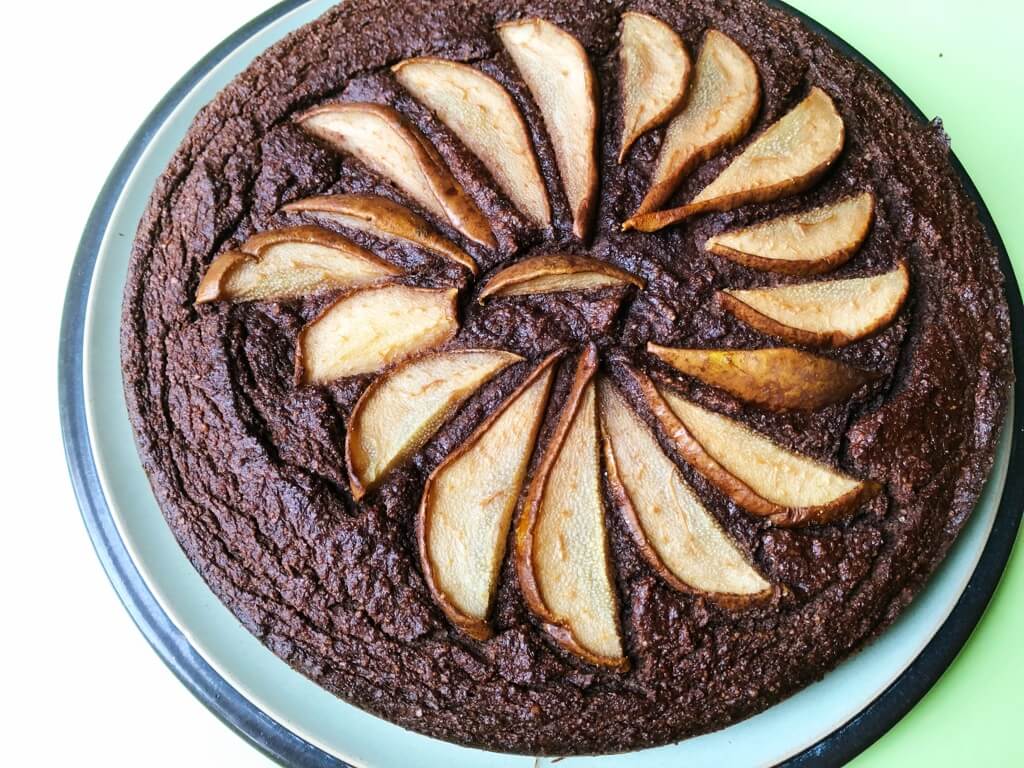
The advantages of doing this are that you retain the fiber of the fruit, which slows down the glycemic response, and you get extra vitamins and minerals that are not found in added sugars. In addition, you help get your kids used to more natural and subtle forms of sweetness. To give you an idea of how you can use whole fruits to sweeten baked treats, see our recipe for Sugarproof Blueberry Banana Muffins. As compared to standard blueberry muffins which can contain around 7 teaspoons of added sugar each, ours have none, and are balanced with protein and fiber as well, which helps give kids steady energy.
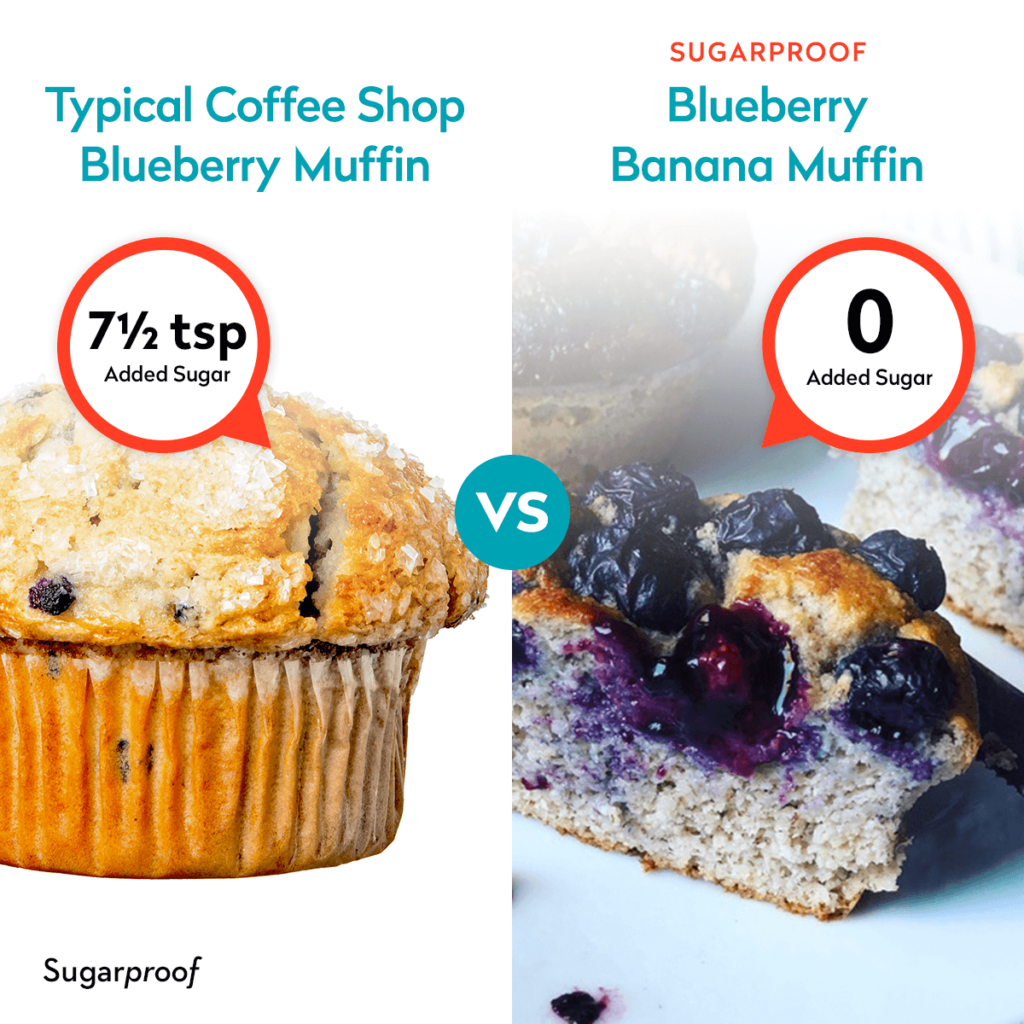
In Sugarproof, we do not suggest a diet that is completely free from added sugars. We are parents too, and we know this is just not sustainable for kids. Some regular treats are fine from time to time. We give suggestions for how to raise kids who are able to still enjoy sweet treats but be satisfied with a more moderate amount and appreciate the flavor of whole foods and more subtle forms of sweetness. If your family is going to make a recipe that calls for a regular type of sugar or one of the less refined types, try halving the quantity of sugar that you use. Often it still tastes sweet enough and the texture is not altered. Or you can just make a half batch, freeze some of the treats, or share them with neighbors.
Note: a version of this post first appeared on That Organic Mom. Be sure to also check out the video and/or audio of the podcast that we did with Rebecca Huff, aka “That Organic Mom” and host of “A Healthy Bite.”
